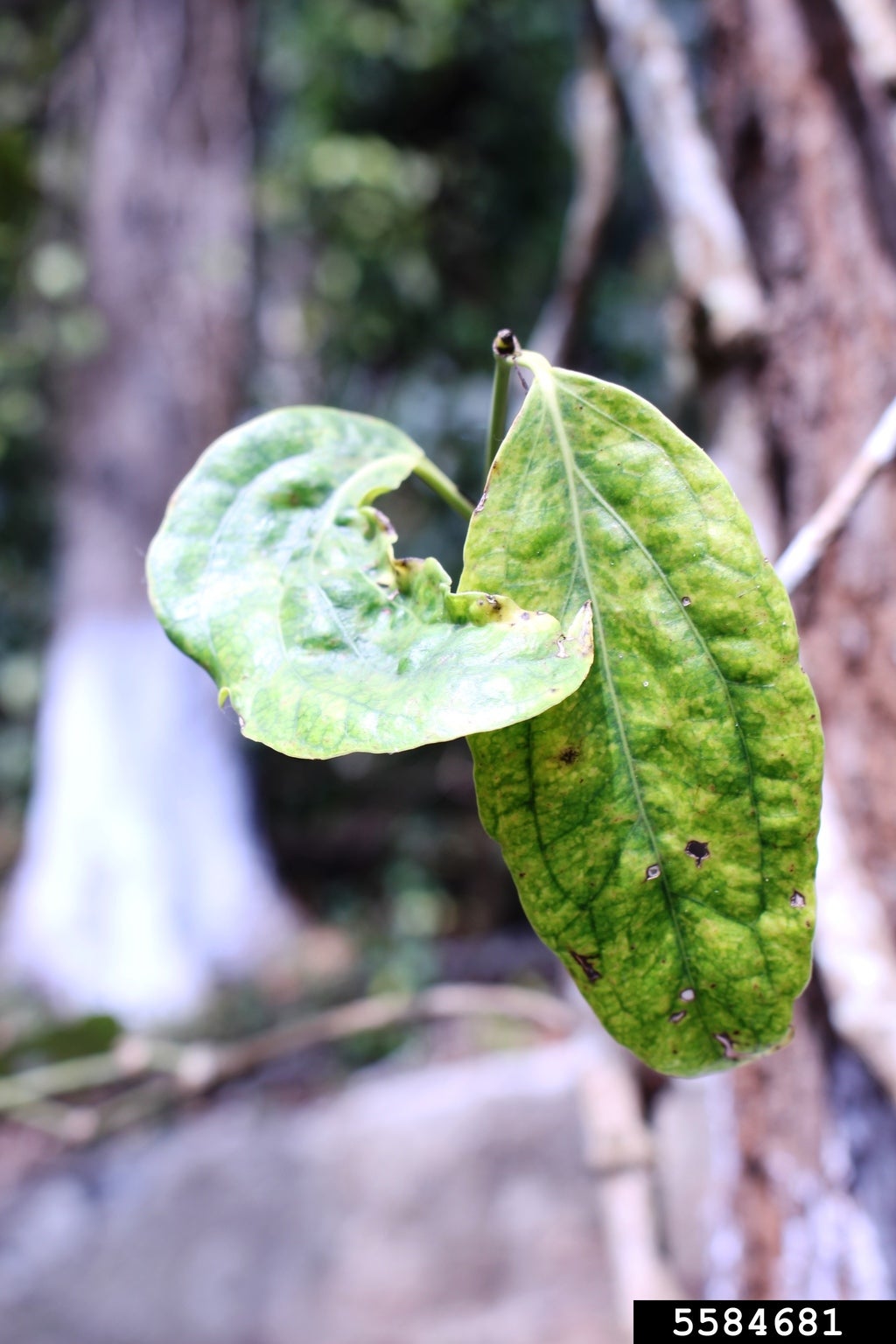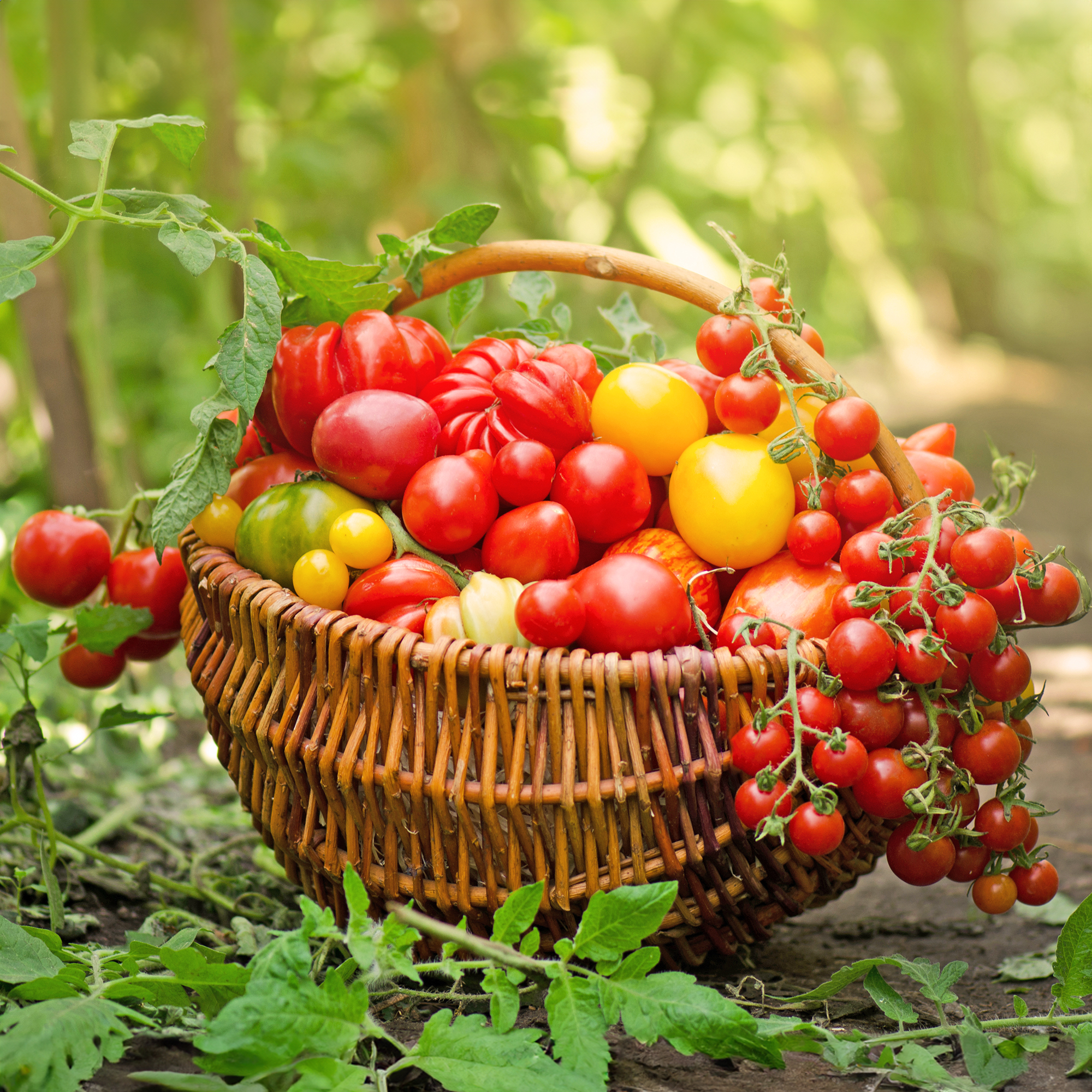Pepper Mosaic Virus: Learn About Mosaic Virus On Pepper Plants


Mosaic is a viral disease that affects quality and reduces yield in a wide variety of plants, including sweet and hot peppers. Once infection occurs, there are no cures for mosaic virus on pepper plants, which is spread by pests. Even fungicides are of no use against pepper mosaic virus. Read on to learn more about mosaic virus on pepper plants.
Signs of Mosaic Virus in Peppers
The main signs of pepper plants with mosaic virus are stunted, pale green or leathery leaves, specks or ring spots, and a tell-tale mosaic appearance consisting of dark and light spots or streaks on the foliage – and sometimes the peppers. Other signs of mosaic virus in peppers include curled or wrinkled leaves and stunted plant growth. Peppers with the disease may display blistered or warty areas.
Managing Mosaic Virus on Pepper Plants
Although pepper mosaic is transmitted by aphids, insecticides provide little control because the disease is transmitted quickly and plants are already infected by the time insecticides are applied. However, treating the aphids early in the season can slow spread of disease. Avoid chemical pesticides whenever possible. Usually, insecticidal soap spray or neem oil is effective and much safer for plants and the environment. Discard seedlings that show any signs of pepper mosaic virus. Cover healthy seedlings with mesh to prevent aphid infestation. If that doesn’t work, remove diseased plants as soon as possible. Wash your hands frequently while working in the garden, especially when the weather is damp or the leaves are wet. Also, sanitize garden tools after working with pepper plants, using a solution of one part bleach to four parts water. Plant trap crops nearby, which may draw aphids away from your pepper plants. These may include:
Spray the trap plants with insecticidal soap when you see aphids on the plants. You can also try planting a few aphid-repellant plants around your pepper plants. For example, marigolds, onions and garlic are believed to keep aphids at bay.
Gardening tips, videos, info and more delivered right to your inbox!
Sign up for the Gardening Know How newsletter today and receive a free copy of our e-book "How to Grow Delicious Tomatoes".

A Credentialed Garden Writer, Mary H. Dyer was with Gardening Know How in the very beginning, publishing articles as early as 2007.
-
 Types Of Tomatoes Explained: Explore The Many Wonderful Shapes, Colors, Flavors, & Best Uses
Types Of Tomatoes Explained: Explore The Many Wonderful Shapes, Colors, Flavors, & Best UsesThe world of tomato varieties is vast and fascinating. Learn about the key types to grow in your garden, tailored to your preferences and space.
By Amy Grant
-
 Try The Trend – Turn Any Bed Into A Keyhole Garden With This Clever In-Ground Composter
Try The Trend – Turn Any Bed Into A Keyhole Garden With This Clever In-Ground ComposterKeyhole gardening is an efficient and sustainable practice that saves space. Get started on this DIY project quickly and easily with an in-ground composter.
By Bonnie L. Grant